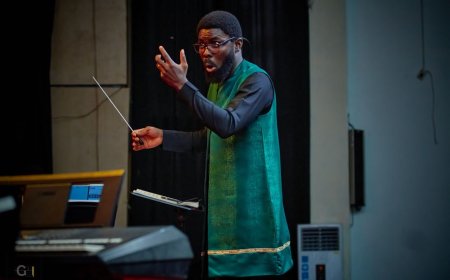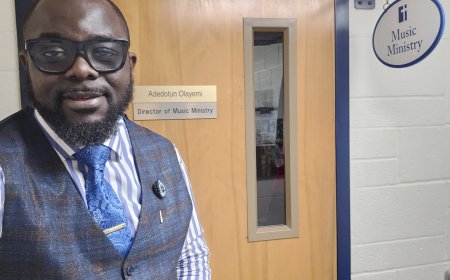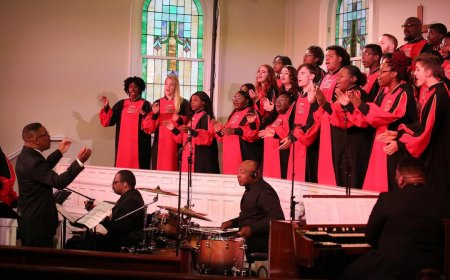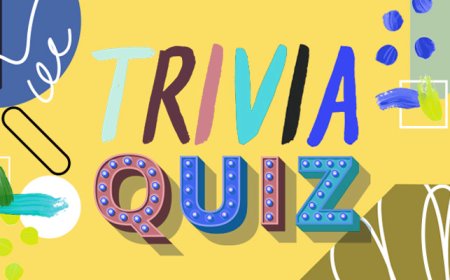Unmasking The Power of Yoruba Folksong: A Philosophical to Combacting Pandemic

As the world continues to grapple with the pandemic, Nigeria has turned to an unlikely ally in the fight against the virus: Yoruba folksongs. These traditional songs, passed down through generations, hold the key to promoting health education and curbing the spread of infectious diseases.
The Power of Yoruba Folksongs
Research has long shown that traditional African philosophies, such as Yoruba folksongs, possess a unique ability to convey moral lessons, cultural values, and social norms (Bewaji, 2013). A recent study published on ResearchGate explores the potential of Yoruba folksongs in promoting health education and curbing the spread of infectious diseases Ayokunmi (2023).
The study analyzed 20 selected Yoruba folksongs, categorizing them into themes such as:
1. Prevention and protection
2. Hygiene and cleanliness
3. Social distancing
4. Community responsibility
These songs were found to promote preventive measures, emphasize community responsibility, and encourage hygiene practices. For instance, one folksong advises listeners to "cover their mouths when coughing" and "wash their hands regularly" Ayokunmi (2023)
Philosophical Underpinnings
Yoruba folksongs are rooted in the philosophical principles of Ubuntu, which emphasizes community, interconnectedness, and collective responsibility (Tutu, 1999). This philosophical framework provides a unique lens through which to address the pandemic.
As noted by Ayokunmi (2023), Yoruba folksongs:
1. Foster community engagement and participation
2. Promote behavioral change through storytelling
3. Enhance cultural relevance and acceptance
Integrating Yoruba Folksongs into Health Education
To harness the power of Yoruba folksongs, policymakers can:
1. Incorporate folksongs into public health campaigns
2. Collaborate with local artists and community leaders
3. Develop contextualized health education frameworks
Challenges and Future Directions
While Yoruba folksongs offer a promising approach, challenges remain:
1. Limited empirical evidence
2. Need for broader geographical scope
3. Integration with modern health education theories
Future research should focus on:
1. Evaluating the effectiveness of Yoruba folksongs in health education
2. Exploring other traditional African philosophies and art forms
3. Developing culturally sensitive health communication strategies (Airhihenbuwa, 2018)
Conclusion
Yoruba folksongs hold immense potential in combating the pandemic in Nigeria. By leveraging these traditional songs, policymakers can promote health education, foster community engagement, and curb the spread of infectious diseases.
References:
Adeyemi, E.A., & Ayokunmi, O.M.(2023). Yoruba Folksong Philosophical Approach to Health Education: Curbing the Spread of COVID-19.
SustainE, 1(1), 94-121. doi: 10.55366/suse.v11.7
Airhihenbuwa, C. O. (2018). Healing Our Differences: The Crisis of Global Health Care. Vanderbilt University Press.
Tutu, D. (1999). No Future Without Forgiveness. Random House.
What's Your Reaction?




























































